As tensions in the South China Sea continue to escalate, Southeast Asian nations are reevaluating their defense strategies considering ChinaS assertive presence in the region. In a bold move, the Philippines has announced a plan to enhance its naval capabilities through a proposed submarine program aimed at challenging Beijing’s maritime dominance. This initiative not only signifies a shift in the Philippines’ military posture but also reflects a broader trend among regional players seeking to assert their sovereignty amid escalating territorial disputes.In this article, we explore the implications of Manila’s submarine ambitions and how they might reshape the balance of power in one of the world’s most contested waterways. Can this strategic maneuver bolster the Philippines’ defense capabilities and inspire a collective regional response to China’s sweeping claims? Join us as we delve into the complexities of Manila’s submarine plan and its potential impact on the geopolitical landscape of the South China Sea.
Strategic Implications of Manila’s Submarine Acquisition
The acquisition of submarines by Manila represents a pivotal shift in the Philippines’ defense posture, notably in the context of the evolving geopolitical landscape in Southeast Asia. Armed with enhanced underwater capabilities, the Philippines aims to augment its maritime security against increasing assertiveness from Beijing in the South China Sea. This strategic move serves several crucial purposes: it aims to establish a deterrent capacity against potential aggression, enhance interoperability with allied forces, and bolster the nation’s maritime domain awareness. Furthermore, this advancement could encourage other regional players to reassess their own defense strategies, potentially sparking a naval arms race within the region as nations seek to balance against Chinese dominance.
Moreover, the operational deployment of submarines is likely to alter the dynamics of maritime confrontations in the South China Sea.With advanced stealth and attack capabilities, submarines can conduct surveillance, gather intelligence, and conduct offensive operations against encroachments within contested waters. This not only increases the Philippines’ leverage in territorial disputes but also aligns with international efforts to uphold freedom of navigation in the region. The implications extend beyond national defense; they signify a commitment to collective security with partners like the United States and Australia. As these alliances deepen, the strategic landscape could shift, compelling Beijing to reconsider its approach to territorial claims amid heightened military scrutiny and engagement in the South China Sea.
| Strategic Benefits | Potential Risks |
|---|---|
| Enhanced Deterrence | Escalation of Tensions |
| Increased Maritime Security | china’s Countermeasures |
| Improved intelligence Gathering | Regional Arms Race |
| strengthened Alliances | Domestic Opposition |
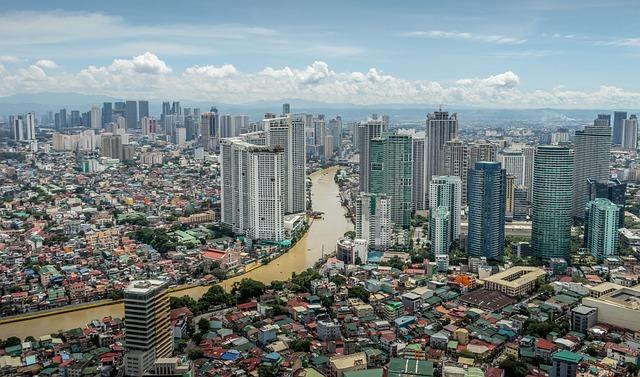
Assessing the Geopolitical Landscape in the South China Sea
The South China sea has long been a focal point of geopolitical tensions, mainly due to its strategic significance and abundant resources. As nations vie for influence in the region, Manila’s ambitious submarine program may serve as a pivotal factor in recalibrating the balance of power. By enhancing its naval capabilities, the Philippines is not only asserting its sovereignty over contested waters but also strengthening alliances with key partners, particularly the United states and regional allies like Japan and Australia. This move signals a shift in Manila’s defense strategy from passive to proactive, aiming to deter aggressive postures from Beijing and ensuring a multilateral approach to regional security.
In this context, the potential impacts of Manila’s submarine initiative can be summarized as follows:
- Increased Deterrence: A modern submarine fleet could discourage Chinese maritime expansion and illegal fishing activities within Philippine territorial waters.
- Force Multiplier: Submarines enable stealth operations,thus providing the Philippines with a tactical edge against larger naval forces.
- Regional Cooperation: Enhanced capabilities may encourage collaborative training and joint exercises with partners, fostering a united front in the face of threats.
As the situation develops, the implications of these strategies will unfold, influencing not just Philippine defense policies but also the broader geopolitical dynamics in the South China Sea.
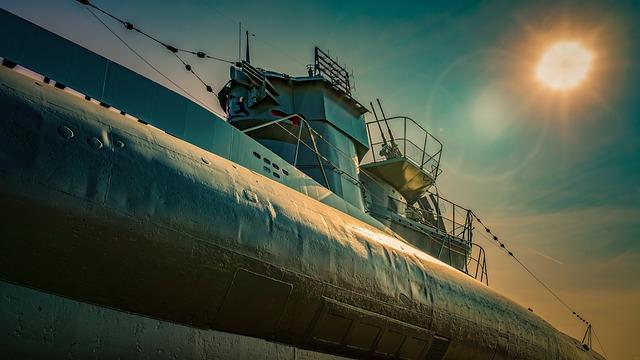
Technology and Capabilities: What Manila’s Submarines Bring to the Table
As Manila gears up to enhance its naval capabilities, the introduction of submarines marks a significant shift in its defense strategy. These advanced assets are expected to play a crucial role in modernizing the Philippine Navy, allowing for a stealthy operational approach that traditional surface vessels cannot match. Submarines can conduct a variety of missions, including surveillance, reconnaissance, and anti-submarine warfare, enhancing maritime security in contested waters. Furthermore, their ability to remain undetected enables a more strategic projection of power, particularly in the resource-rich and geopolitically sensitive South China Sea, where tensions with Beijing have escalated.
The technology integrated into these submarines is pivotal for a small navy like the Philippines. Equipped with state-of-the-art sonar systems, advanced weaponry, and improved communication networks, these vessels not only strengthen national defense but also boost interoperability with allied forces. Below are key capabilities expected from Manila’s submarines:
| Capability | Description |
|---|---|
| Stealth Operations | silent running capabilities reduce detection risk. |
| Extended Range | Ability to operate in distant waters far from base. |
| Multi-mission Roles | Support for diverse operations including strike and surveillance. |
| Advanced Weapon Systems | Missile systems for precision strikes at sea or land targets. |
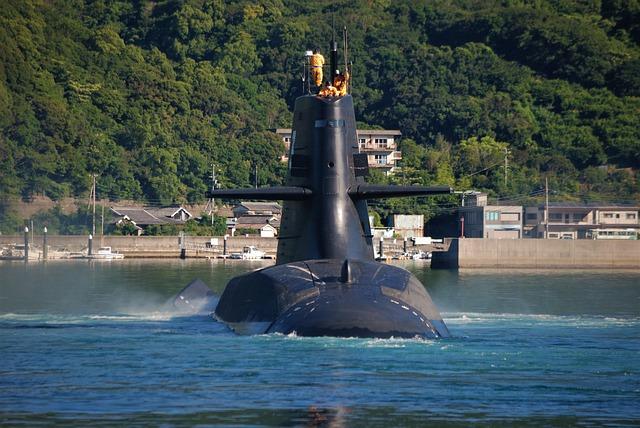
Potential Response from Beijing and Regional Powers
The launch of Manila’s submarine plan is likely to elicit a range of responses from Beijing and its regional allies, as the balance of power in the South China Sea undergoes scrutiny. Beijing is expected to reaffirm its claims in the region vigorously, potentially ramping up military presence and conducting exercises to underscore its dominance. Expect diplomatic repercussions from chinese officials, who may pursue strategies to isolate the Philippines in regional discussions. moreover, the Chinese government may leverage its economic ties to pressure Manila, employing trade sanctions or economic incentives to sway public opinion against military expansion in contentious waters.
Regional powers, particularly those in Southeast Asia, will likely be on high alert as they monitor the developments. Countries like Vietnam, Malaysia, and indonesia may interpret the Philippines’ submarine acquisition as a signal to bolster their own naval capabilities to deter Beijing’s assertiveness.This could lead to an arms race in the region, prompting nations to enhance their maritime patrols and invest in defense systems to safeguard territorial interests. The response is not without complications, as these nations must balance their economic relationships with China alongside military preparedness, which could result in a fragile but increasingly militarized stability in the South China Sea.
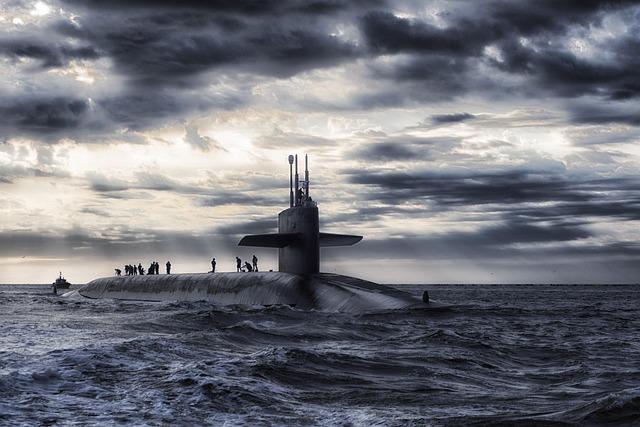
Recommendations for Strengthening Maritime Defense Strategies
As Manila seeks to enhance its maritime capabilities, several vital steps can be taken to fortify its defense strategies in the South China Sea. These include improving intelligence-sharing frameworks with regional partners, thereby fostering a collective security architecture. Furthermore, investment in modern surveillance technologies and expanding maritime domain awareness can provide crucial insights into activities within contested waters. The following actions can be pivotal:
- Strengthen bilateral and multilateral defense agreements: Collaborating with allies like the United States, Australia, and Japan can provide Manila with more robust security assurance and deterrence capabilities.
- Enhance naval training and exercises: Regular joint exercises can improve interoperability and readiness among allied forces, showcasing unified naval strength in the region.
- Invest in indigenous defense industries: Developing local manufacturing capabilities for advanced naval assets will reduce dependency on foreign sources and allow for more tailored defense solutions.
Additionally, it is indeed essential for the Philippines to build a comprehensive maritime strategy that addresses both immediate and long-term threats in the region. This can be achieved through:
| Strategy | Description |
|---|---|
| Coastal Defense Units | Establish dedicated units focused on coastal surveillance and rapid response to incursions. |
| Submarine Capability integration | leverage submarine technology for strategic deterrence and intelligence-gathering missions. |
| Public Awareness Campaigns | Inform citizens about the importance of maritime security and the national interest in protecting territorial waters. |
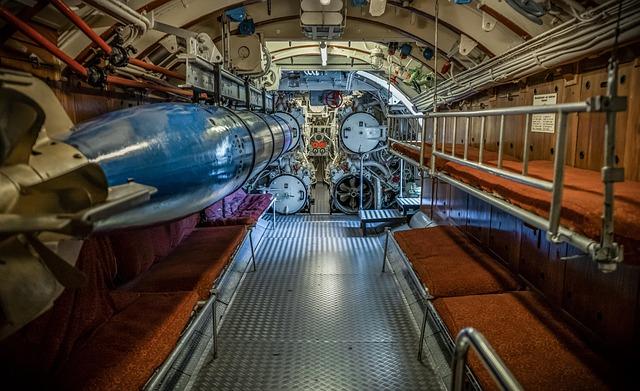
The Future of ASEAN Unity in Light of Military Developments
In the increasingly volatile geopolitical landscape of Southeast Asia, the recent military developments, particularly in Manila’s submarine initiative, signify a potential shift in regional power dynamics. This strategic move aims not only to bolster the Philippines’ defense capabilities but also to enhance its position against China’s assertive territorial claims in the South China Sea. The ambitious plan is expected to spark discussions among ASEAN member states, igniting a sense of urgency to modernize their own military forces and foster stronger defensive alignments. Enhanced submarine capabilities could pave the way for new cooperative initiatives among ASEAN nations, with a focus on mutual security interests and intelligence sharing.
Moreover, the submarine project serves as a catalyst for re-evaluating existing alliances and partnerships within the region. As countries like Vietnam and Indonesia explore similar military upgrades, a collective response to external pressures, particularly from Beijing, could emerge.This evolving security environment may lead to the establishment of frameworks for joint maritime exercises, training, and logistics, all aimed at ensuring stability in contested waters.A growing commitment to military preparedness and unity among ASEAN nations in the face of Chinese expansionism could not only deter potential aggression but also solidify a regional stance on maritime sovereignty.
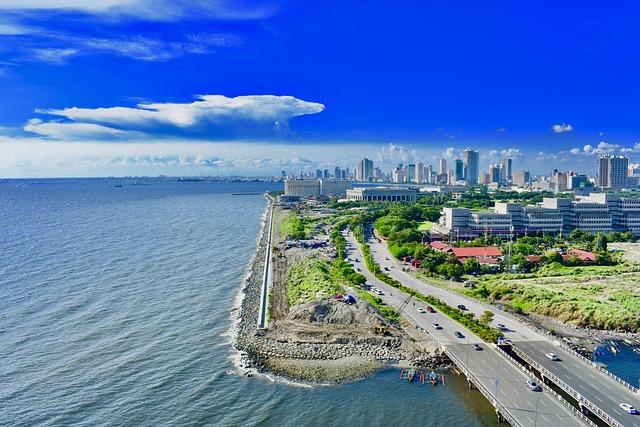
In Summary
Manila’s bold initiative to develop a submarine capability marks a significant shift in the Philippines’ defense strategy and its approach to regional security in the South China Sea. While there are challenges ahead, including budget constraints and the need for technological expertise, this move reflects a growing ambition to assert sovereignty and protect maritime interests in the face of increasing Chinese assertiveness.
As the geopolitical landscape continues to evolve, the Philippines’ investment in submarines may not only enhance its own defense posture but also contribute to a larger framework of alliances in Southeast Asia. Whether this endeavor can truly challenge Beijing’s dominance remains to be seen, but it undoubtedly signals a critical step towards a more assertive maritime strategy in a region fraught with tension and territorial disputes. The coming years will be pivotal, and stakeholders in both Manila and Beijing will be closely watching how these developments unfold in the contested waters of the South China Sea.














